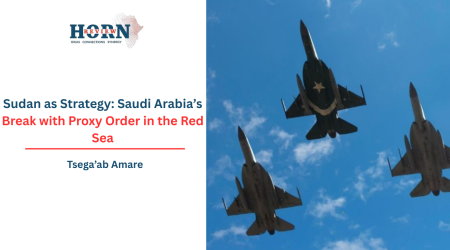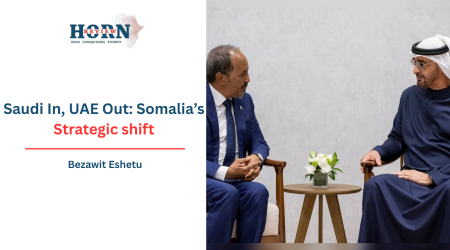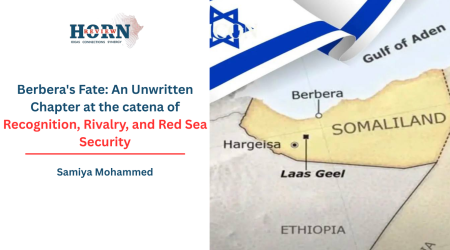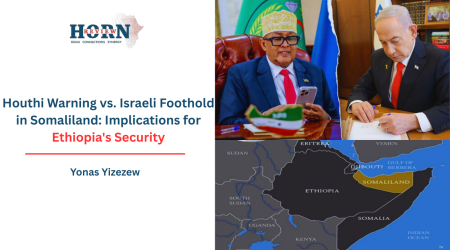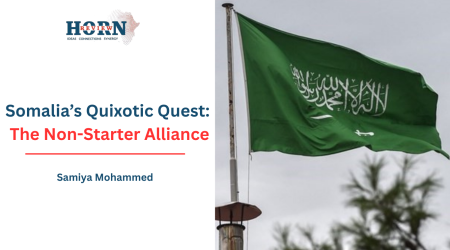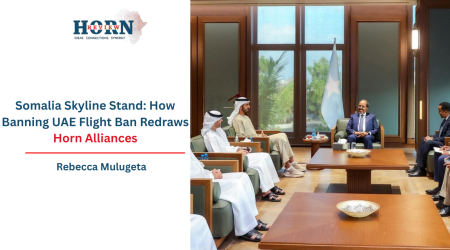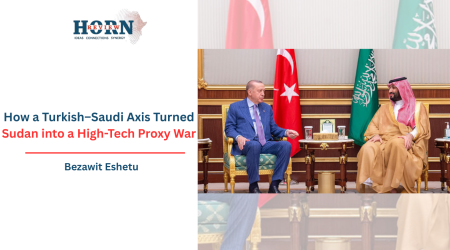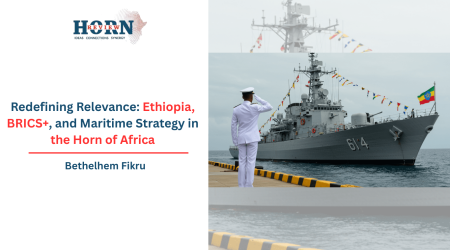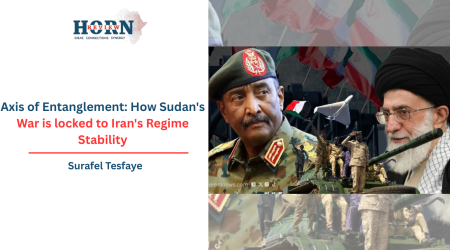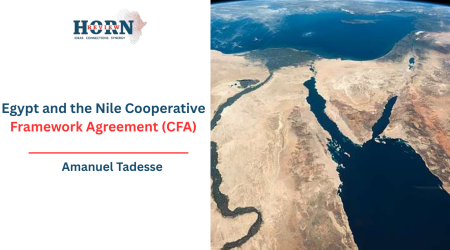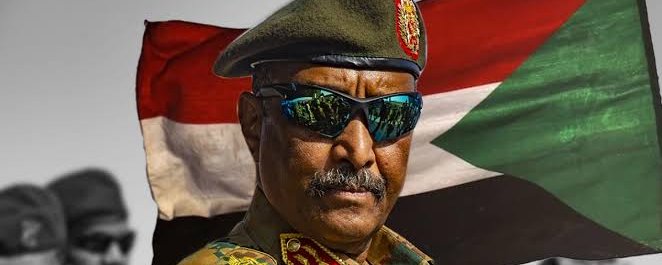
21
May
Two Governments, One War: Sudan’s Grim New Reality
The dusty, war-torn plains of Sudan continue their twisted slide into anarchy, but a recent political gambit by army leader Abdel Fattah al-Burhan is a dangerous new chapter. His appointment of onetime UN functionary Kamil Idris as Prime Minister is more than a change of personnel at the cabinet table; it’s a calculated power play to legitimize his fragmented authority. But this move, in the name of stability, is about to let loose a bloodier storm, not just inside Sudan but across the already troubled Horn of Africa.
Al-Burhan has battled the strong Rapid Support Forces (RSF) ever since his 2021 coup for well over two years. His naming of Idris, a career diplomat with UN credentials, is an audacious attempt to dress his military regime in civilian robes. By filling the prime ministerial gap caused by Abdalla Hamdok’s 2022 resignation, al-Burhan aims to project an image of a functioning government to the international community. This veneer of legitimacy, although thin, may be priceless in unlocking access to desperately needed foreign aid and diplomatic legitimation, now withheld due to the army’s grip on power. Idris’s technocratic credentials are meant to capture the heart of a dubious international public as well as even a war-weary Sudanese community hungry for at least some semblance of stability. It is a stern rebuff of the RSF’s latest attempts to create its own parallel authority, confirming the Sudanese Armed Forces’ (SAF) claim as the legitimate, sole governing power.
But the RSF’s response will not be one of acquiescence. General Mohamed Hamdan Dagalo, “Hemedti,” and his RSF regard this appointment as a unilaterally imposed consolidation of military power, an outrageous disrespect for inclusive governance, and a clear signal that al-Burhan will not negotiate. Their denial of Idris’s legitimacy will be immediate and categorical. This is setting the stage for an unprecedented escalation: a civil war not only on the battlefields, but between two competing “governments,” each vying for domestic and international legitimacy.
The specter of a permanent Sudanese partition, hitherto an abstraction, now looms larger than ever before.The hardening of these entrenched, polarized political positions will inevitably find its expression in fiercer military activity. The RSF, goaded and encouraged, will retaliate with a fresh spate of offensives to demonstrate force and disprove al-Burhan’s political gamesmanship. This heightening of polarization will make any subsequent peace negotiations very hard, as each side becomes more dug in on their maximalist demands. For the Sudanese, this will be an escalation of the already catastrophic humanitarian crisis, driving millions more onto the streets, starving them, and subjecting them to unimaginable suffering.
Above all, the spillover consequences of al-Burjan’s gamble extend far beyond Sudan’s immediate region and destabilize the entire Horn of Africa. The area is a complex patchwork of intersecting conflicts, precarious alliances, and competing interests. Sudan, which straddles the Arab world and sub-Saharan Africa, has never been anything but a pivot state. Its collapse into an extended, multi-faction war sends shockwaves through neighboring states.
One relationship deserving special mention is between al-Burhan and Eritrea. Asmara, led by its introverted president Isaias Afwerki, has a history of strategic calculation and long-term rivalry with Ethiopia. Eritrea shares a long border with Sudan and has had complex, often secretive, relations with much of the Sudanese population in the past. There have been persistent reports and intelligence reports of Eritrean support to al-Burhan’s SAF, largely logistical and potentially military.
Why Eritrea? Asmara sees conflict in Sudan in its own national security terms. A stable, or preferably a predictable, ally in Khartoum is preferable to an unorganized, RSF-dominated state, which might destabilize Eritrea’s western border or appease powers hostile to Asmara. Furthermore, Eritrea sees itself as a counterbalance to Ethiopian influence in the region. Any weakening of the Ethiopian-allied troops inside Sudan, or anything that makes the SAF more capable against troops perceived to be aligned with Addis Ababa (even indirectly), will be considered favorable to Eritrea. This sinister partnership, if it becomes official, also complicates the regional dynamic further, drawing another oppressive regime into the Sudanese quagmire and potentially creating new flashpoints along the Eritrea-Sudan border.
The Sudan conflict also has immediate repercussions for Ethiopia, which also has domestic problems and a delicate relationship with Sudan over the Grand Ethiopian Renaissance Dam (GERD). A fractured Sudan offers a vacuum which would be exploited by various non-state actors, including terrorist organizations. For Egypt, one of the SAF’s closest friends, al-Burhan’s moves are a necessary step to secure its southern border and forestall a pro-Islamist or RSF-controlled Sudan that would jeopardize its Nile water security.
The Horn of Africa is a geopolitical chessboard, and al-Burhan’s independent power play is a gamble that can lead to greater external interference. As rival governments take form in Sudan, so will the desire for neighboring powers to back their horse of choice, making Sudan’s domestic strife a still more deadly proxy war. The deepening humanitarian emergency will inevitably spill across borders, engulfing refugee camps in Chad, South Sudan, and Ethiopia, taxing already thin resources and doubling regional instability.
In conclusion, al-Burhan’s appointment of Kamil Idris is a desperate bid for control and legitimacy in the face of a grinding internal civil war. While it can be a temporary simulation of order to foreign observers, it will certainly be opposed with ferocious violence by the RSF, plunging Sudan into a new era of merciless political and military conflict. The ripples through the Horn of Africa, and the shadowy alignments with the likes of Eritrea, threaten to enshrine existing rivalries and precipitate new ones, so that the suffering of the Sudanese people is tied to the fate of a region perched precariously on the precipice. A lasting peace in Sudan, and therefore stability in the Horn, still constitutes a mirage, clouded by the ever-mounting shadow of long-term, externally driven strife.
By Bethelhem Fikru, Researcher, Horn Review

